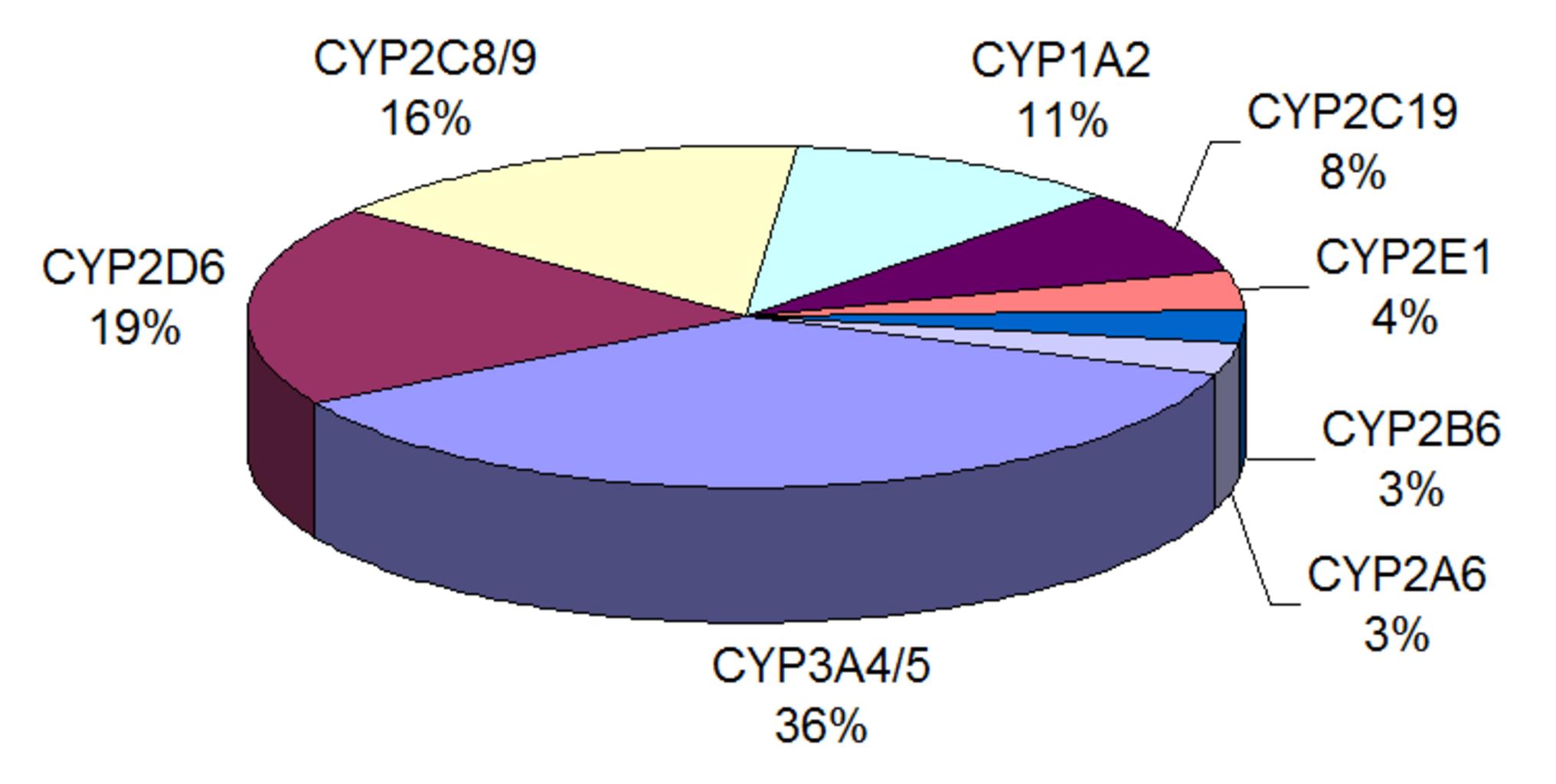Promise of Quantum Computing
Promise of Quantum Computing, Imagine a world where computers don’t just process information faster—they fundamentally rethink how data is analyzed and understood. Welcome to the frontier of quantum computing, a groundbreaking technology poised to...




